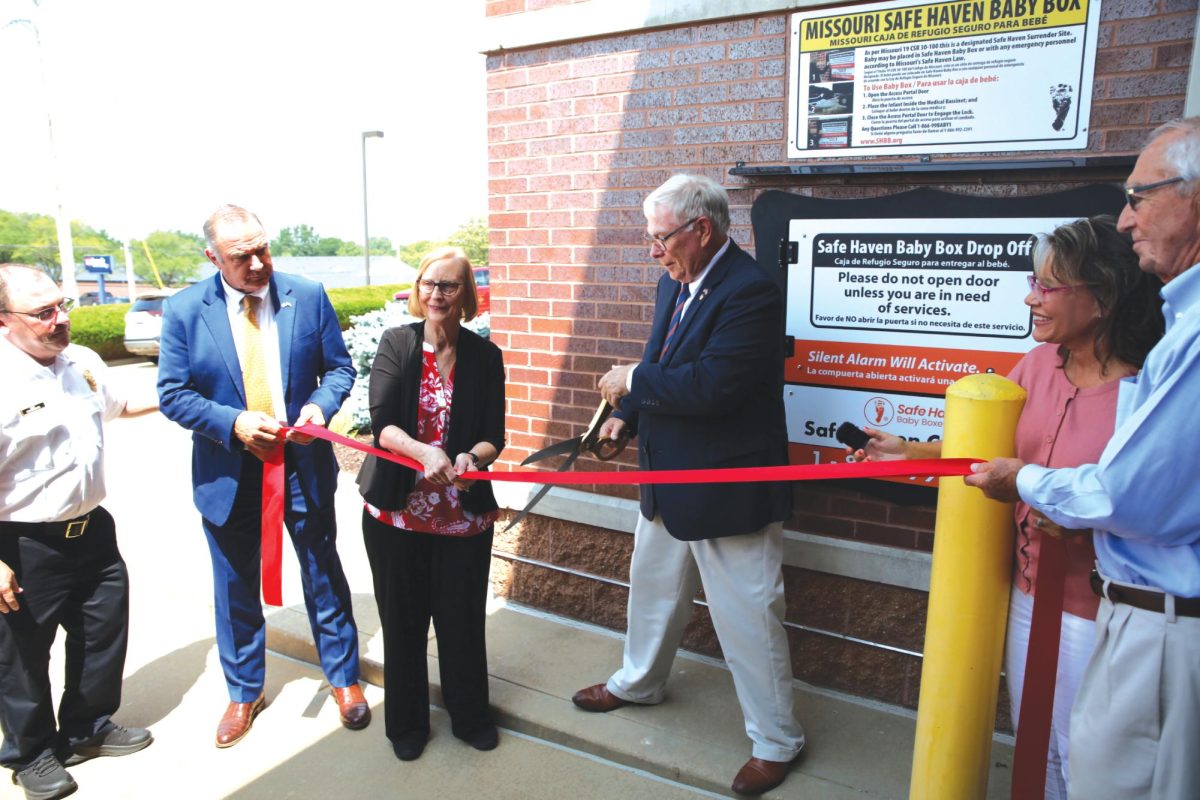The Eastern District of the Missouri Court of Appeals last week reversed a St. Louis County Circuit Court’s guilty verdict against a Concord man for not having trash service under the county’s waste management code.
A panel of appellate judges on June 29 reversed the circuit court’s decision against David Skaer because the county failed to prove Skaer generated trash.
All of unincorporated St. Louis County since fall 2008 has been part of a trash-district system in which each district is served by one county-appointed hauler. District residents that don’t set up a trash pickup agreement with their designated hauler have two options: pay a fine or have that fine waived by setting up waste service with their hauler. Those who do neither are subject to prosecution.
Skaer was summoned to court last year for failing to have trash service. He lives in the seventh trash district, which is served by Veolia. His defense, like dozens of other residents who’ve been taken to court since county began enforcing the trash districts in the spring of 2009, was that he didn’t generate trash and therefore should not be required to have a waste removal agreement.
The circuit court found Skaer guilty, and he was required to pay a $50 fine. He appealed to the Eastern District of the Missouri Court of Appeals in November.
In their opinion last week, appellate Judges Roy Richter, Kenneth Romines and Thomas Frawley took issue with the trial court’s accepting as fact, at the prosecution’s request over Skaer’s objection, that “it’s common fact that people who live in houses generate waste.”
“Here, the prosecution was required to show both that Skaer did not have a waste management agreement, and that he produced waste,” the opinion stated. “We find that the prosecution failed to carry its burden to show that Skaer produced waste.
“Rather than present any evidence of waste produced by Skaer, the prosecution requested that the trial court take judicial notice that ‘a residence which is occupied will necessarily generate some possibly small amount of non-recyclable waste.’
The judges stated, “We find that whether or not someone could live at a residence and recycle all his or her waste is not a matter of common knowledge, and should not be accepted as such … Further, by taking judicial notice of a necessary element of the offense for which there was no evidentiary support, the court improperly shifted the burden to Skaer to prove his innocence. The burden of proof in a criminal case is on the state to prove a defendant guilty beyond a reasonable doubt.”
County Counselor Patricia Redington said last week she was “disappointed” with the appellate court’s decision and said the county hasn’t yet decided if it will appeal.








